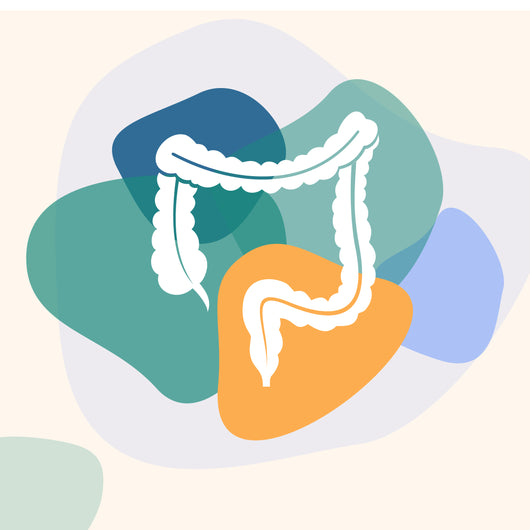Navigating the nutritional landscape can often feel like deciphering a complex code, especially when it comes to understanding how our bodies interact with seemingly healthy foods like spinach. While spinach has long been celebrated as a nutrient-packed superfood, thanks to cultural icons Popeye 💪🏼, and its rich vitamin and mineral content, recent insights have illuminated a more nuanced story. This complexity stems from the presence of oxalates and histamines in spinach and similar foods, which, depending on our unique genetic makeup and the composition of our gut microbiome, can have varying impacts on our health.
The Double-Edged Sword of Oxalates
Oxalates, organic compounds found in a range of foods including spinach, rhubarb, beet greens, and certain nuts and seeds, serve a defensive role for plants, protecting them from pests. For humans, however, the narrative is slightly different. Oxalates can bind with calcium in our bodies to form calcium oxalate crystals, the most common type of kidney stone. This doesn't mean everyone should avoid these foods, though. Our ability to process oxalates without issue largely depends on the gut bacteria we host, such as Oxalobacter formigenes, and our genetic predisposition to metabolize oxalates efficiently.
Histamines: Not Just an Allergic Reaction
Similarly, histamines in foods like spinach, tomatoes, and fermented products can pose challenges for those with histamine intolerance. In plants, histamines can regulate physiological functions, but in humans, they're best known for their role in allergic responses. The breakdown of dietary histamines is regulated by enzymes, which can be less active in some individuals due to genetic variations. This can lead to an accumulation of histamines, causing symptoms ranging from skin rashes to gastrointestinal discomfort.
The Genetic Link to Food Responses
The way our bodies respond to oxalates and histamines hinges significantly on our genetic makeup. For instance, variations in the genes responsible for producing enzymes like diamine oxidase (DAO) and histamine N-methyltransferase (HNMT) can influence our tolerance to histamine-rich foods. Similarly, our genetic predisposition affects how we metabolize oxalates, potentially increasing the risk of kidney stones for some.
Beyond Spinach: A Broader Look at Diet
Understanding the complexities around spinach opens the door to reevaluating other foods in our diet. Foods high in oxalates or histamines, such as rhubarb, beet greens, nuts, seeds, tomatoes, and fermented products, may also require a personalized approach to consumption. This doesn't mean these foods are off-limits but rather that moderation and individualized dietary planning become key.
A Personalized Path Forward
The journey toward optimal health and nutrition is deeply personal, reflecting our unique biological landscapes. With advances in precision biology and personalized nutrition, we're now equipped to make more informed decisions about our diets, tailoring them to fit our individual health profiles. This personalized approach promises a future where nutrition is not just about eating healthy foods in general but about choosing the right foods for our unique genetic and microbiome makeup, paving the way for enhanced well-being and health outcomes.
Through a deeper understanding of our bodies and the foods we eat, we can navigate the nutritional landscape with greater confidence, armed with the knowledge that our dietary choices are backed by science and personalized to our specific health needs. This is the promise of Digbi Health's approach to nutrition and wellness—a future where everyone can enjoy the benefits of a diet tailored just for them.








